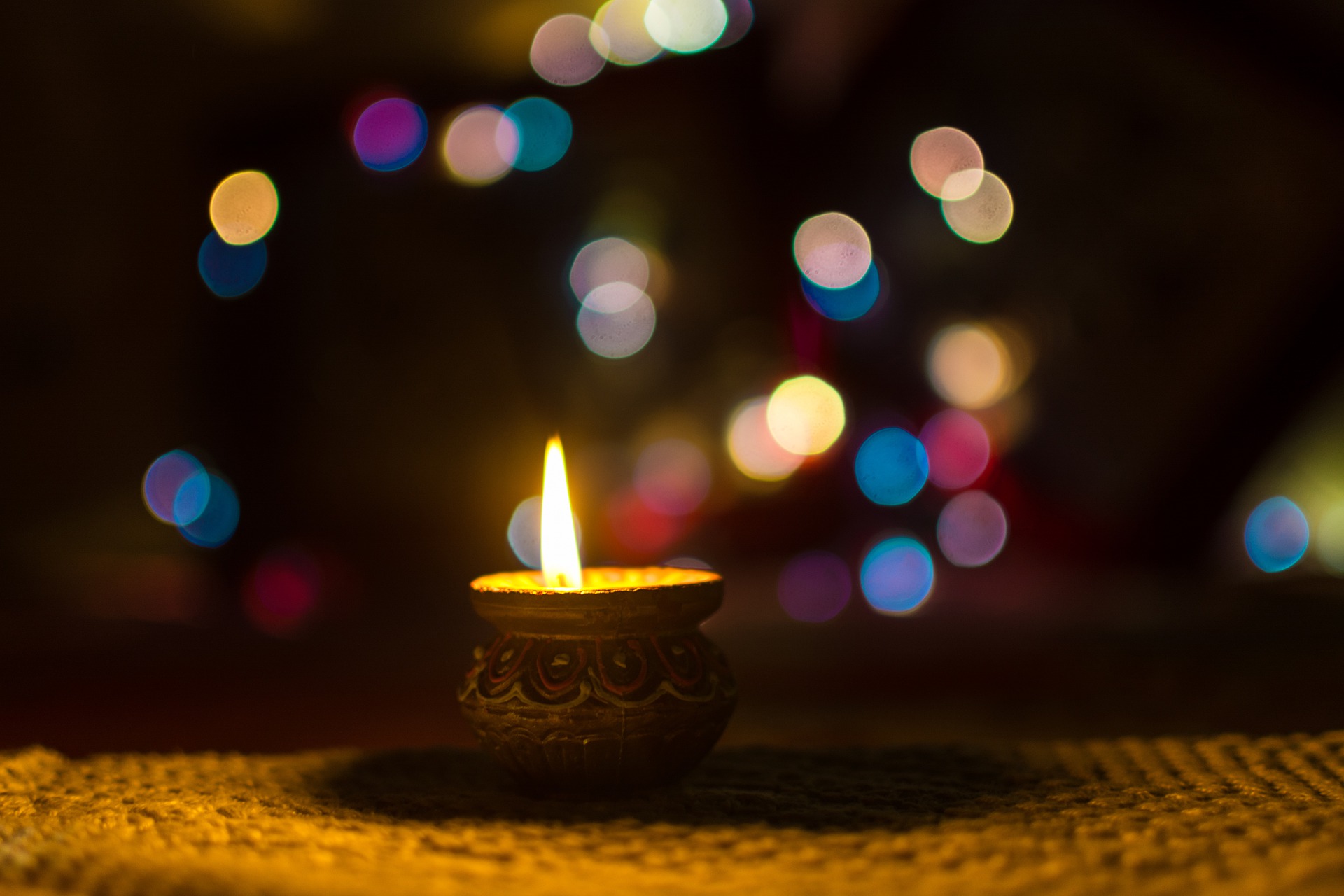Introduction
Diwali, also known as Deepavali, is the annual Hindu festival of lights that celebrates the spiritual victory of light over darkness and good over evil. In the days before and during the celebration, people adorn their homes with colourful decorations, lights and oil lamps called diyas.
The celebrations extend for five days, and the date is chosen using the Hindu lunar calendar. This religious event, which formally welcomes in the Hindu New Year, takes place between October and November. This year Diwali falls on Monday 24 October.
Diwali, is widely observed throughout India, where it is the most significant holiday of the year. It is also celebrated all over the world, especially in places with a large Indian population. The main day of the festival of Diwali is an official public holiday in counties including Fiji, Guyana, India, Malaysia (15 states), Mauritius, Myanmar, Nepal, Singapore, Sri Lanka, Suriname, and Trinidad and Tobago.
Millions across the globe are set to mark Diwali with large religious gatherings at places of worship and public spaces.
Travel Safety and Security Considerations
Overall, India has a MEDIUM risk rating and the primary security concerns are linked to terrorism and domestic insurgency groups in the east. However, the major issues for travellers are poor sanitation standards, frequently leading to stomach illnesses for foreign nationals, and the dire status of road transport safety. Although India is considered a powerful nation in Asia, it remains one of the poorest countries in the world in terms of per capita income, and variables such as high population density and income inequality contribute to issues such as crime levels, inadequate safety for women and recurrent intercommunal unrest, particularly in the north.
India has a high crime rate, with Delhi, Mumbai, Jaipur and Pune among the most unsafe cities in the country. Delhi and Jaipur are particularly popular during the Diwali festival and petty crimes, including pickpocketing and opportunistic theft, is a concern in crowded areas.
Even on regular days, travelling in India can be stressful, crowded and chaotic, but during Diwali, things can get even busier. On official public holidays most schools and businesses will be closed or operate shorter opening hours. Transport will remain running for people travelling to and from religious celebrations, however disruptions and delays are likely with road closures, traffic diversions and restrictions.
There is a potential risk of terrorist organisations to target festival gatherings due to the prominent nature of the event especially in urban areas like Delhi. Busy public spaces like shopping malls, main routes, transportation, and worship venues are focal points.
Locals may set off fireworks, firecrackers and use sparklers throughout the night and occasionally during the day.
Ahead of Diwali, authorities are anticipated to increase security throughout India, deploying additional personnel.
Recommendations
Stay cautious and vigilant when travelling, near places of worship and at other crowded locations that could be potential targets of attacks or opportunistic crimes leading up to and during Diwali.
Overcrowded locations maybe vulnerable to violent outbreaks or stampedes so try and stay away from large gatherings.
Check with local transport providers to find out if they are running normally or if there are any disruption to services. Plan and book in advance, leave extra travel time and identify alternate routes or methods of transport.
In case there are more security check points keep identification on you. If you do spot anything suspicious report it.
Follow instructions and guidance from authorities and monitor local media sources for up-to-date information.
Earlier in this article we highlighted that people all around the world will be celebrating and although we’ve focused on safety and security considerations in India it is also important to remain aware and safe wherever you are.
Our Support
At Securewest SPHERE travel risk services provide you with country information for your destination, risk rating, alerts and notification in a real time, a traveller’s app with two-way communication, locational services and a SOS button which comes directly through to our 24-hr Global Response Centre. Travel Managers will also have an oversight of travellers and be able to monitor ongoing situations to help make more informed decisions.
For more information visit SPHERE Travel Risk Platform
